When the founding fathers declared war on Great Britain, many thought it was a fool's errand to go up against the greatest military power in the world, yet after 8 years of fighting and negotiating, the thirteen colonies became the United States of America.
I've already discussed how the British lost the Revolutionary War, but here are 9 main reasons I believe America won the Revolutionary War.
Jump to:
1. Logistics
When fighting on your home turf, it is easier to supply your army than the enemy. Nathanael Greene and America's French Allies put into motion an effective system to gather and supply their forces.
When Nathanael Greene took command of the Southern Army, he split his forces so he could supply his army more easily and, in doing so, forced Cornwallis to overextend his supply lines.
This is what forced quick and rash decisions by Cornwallis at Guilford Courthouse and Eutaw Springs. Even if the British took the field and won the battle, they had to retreat.
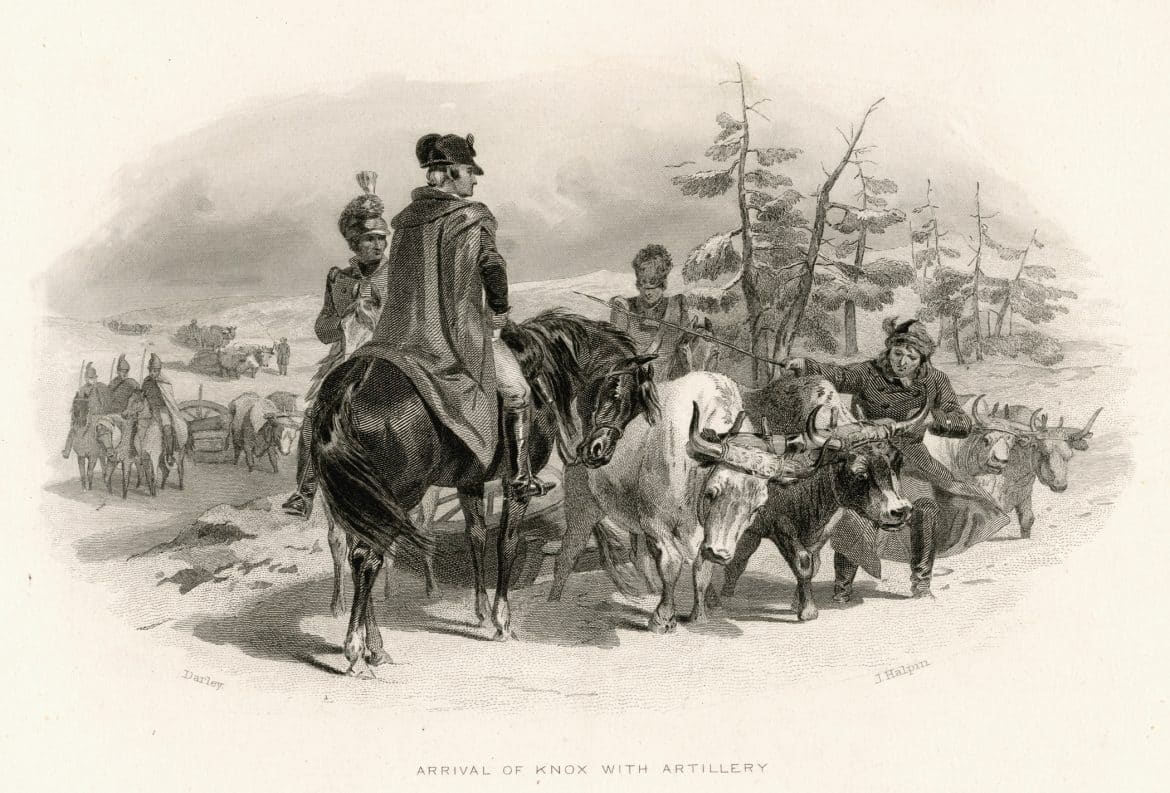
2. Guerilla Warfare
The rules of war in America were much different than those in Europe. While George Washington did eventually train, under the instruction of Baron Von Steuben, a traditional army that could face the British and not run, much of the fighting in the South was done with small forces harassing larger ones.
Francis Marion and others would quickly strike the British on their flanks or at their supply lines. This slowed them down and caused much frustration. It slowly bled the enemy's forces. This was much different than lining up two armies and shooting volleys.
Daniel Morgan at Cowpens also employed a version of this tactic when he used the militia to fire two volleys and then retreat.
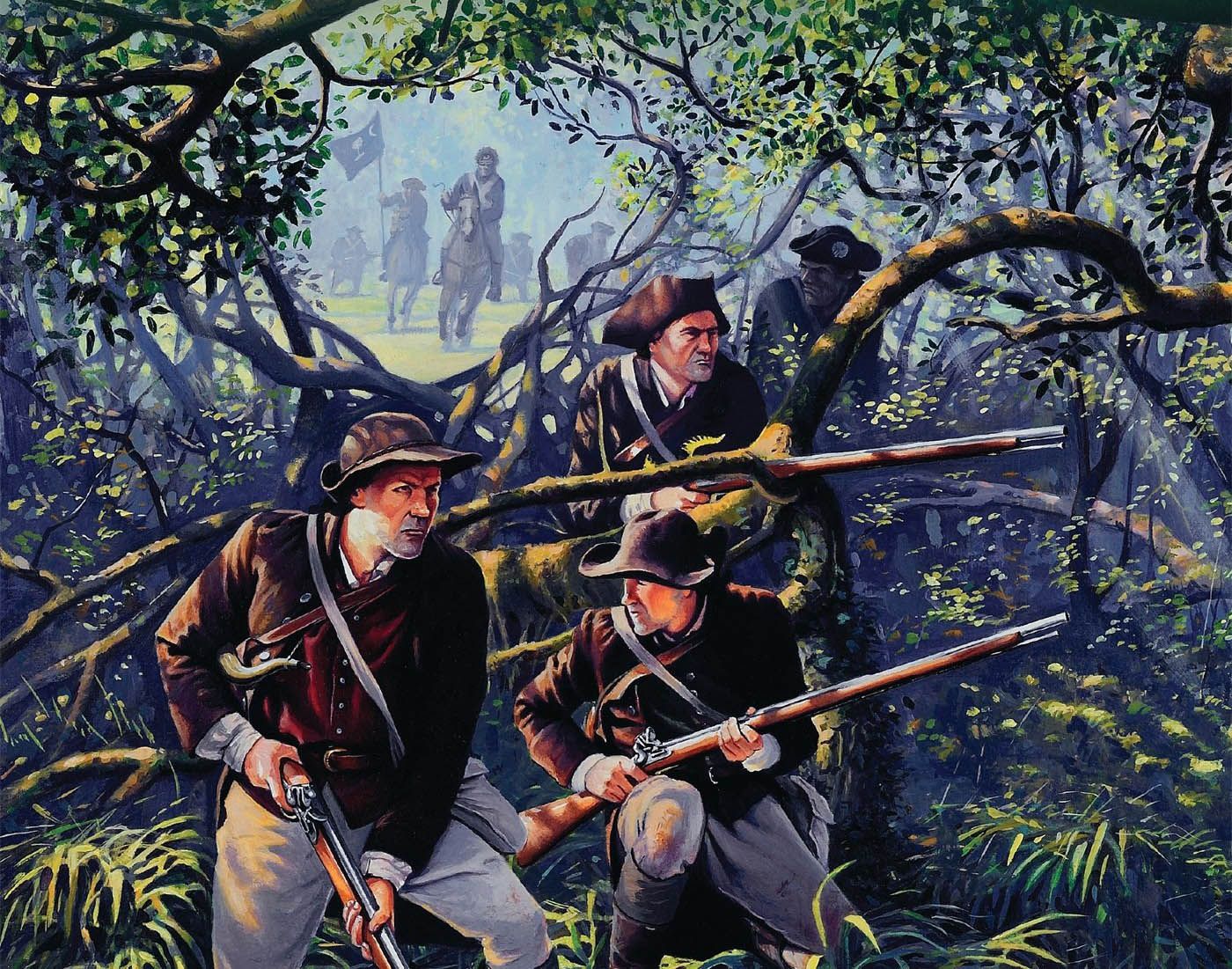
3. The French
The French alliance changed the war because it gave the United States a formidable Navy and spread Britain's forces throughout the world.
Before the French came into the war, the British were able to focus their attention on the rebellion without much fear of others around the world.
They had territories from England to Australia and everything in between. It had been said that the sun would never set on the British Empire.
The only country that could rival that power in Europe was France. The two had fought each other for centuries and had disputed lands throughout their history.
When the French allied with the colonies, they did not do so with the intention to only help out the rebel colonists but rather to expand their own empire by taking control of British territory that they were unable to defend.
The Caribbean, Indonesia, and territories across the world had to be defended from the possibility of a French naval attack. This forced Britain to withdraw many of her troops that were in the colonies, which opened up holes in their defenses.
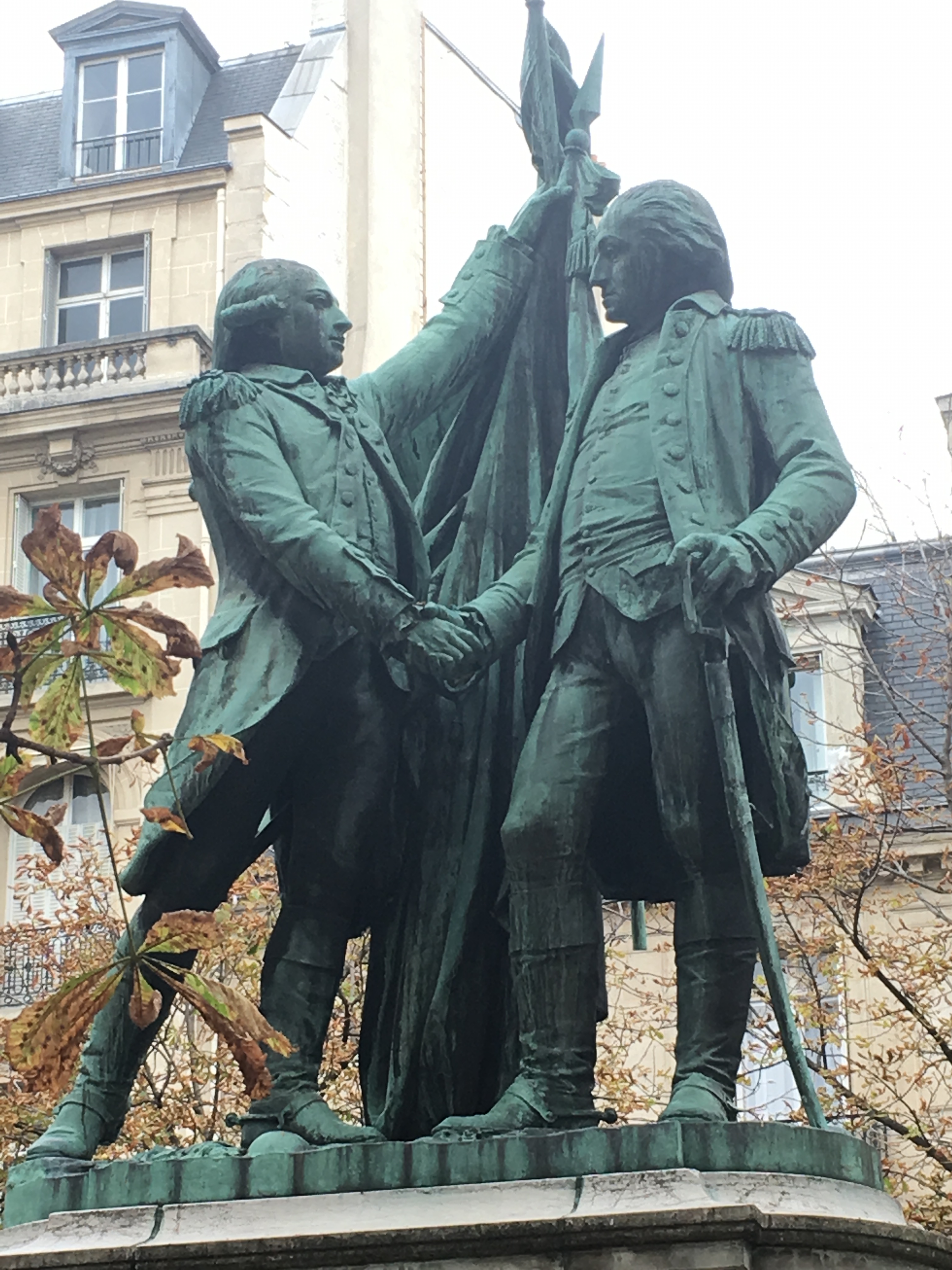
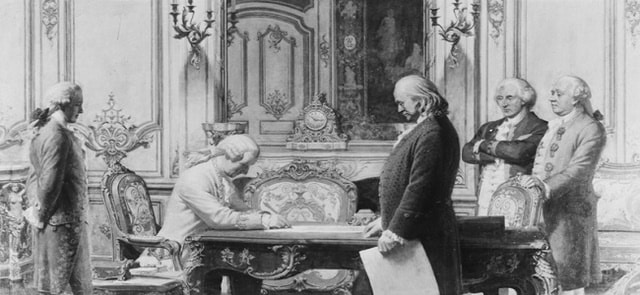
4. Lack of Loyalist and Native American Support
When the British turned their attention to the southern colonies, they believed that they would be able to raise an army of loyalists to combat the colonists. While they raised many troops, the numbers were much lower than anticipated.
This was due to the consequences a loyalist would face. American forces were brutal to their loyal neighbors in battle. Loyalists would lose everything if they were found out and may even face death.
At the Battle of Kings Mountain Major Patrick Ferguson led a group of loyalists against American forces, and they were soundly defeated. This all but ended any significant support for the British in the southern colonies.
Also, throughout the war, Native Americans tended to ally themselves with the British, and throughout the war, that would cost them many lives. Sullivan's Expedition and many of the frontier battles favored Americans.
The Natives could not be depended on for much of the war, as General Burgoyne learned at the Battle of Saratoga.
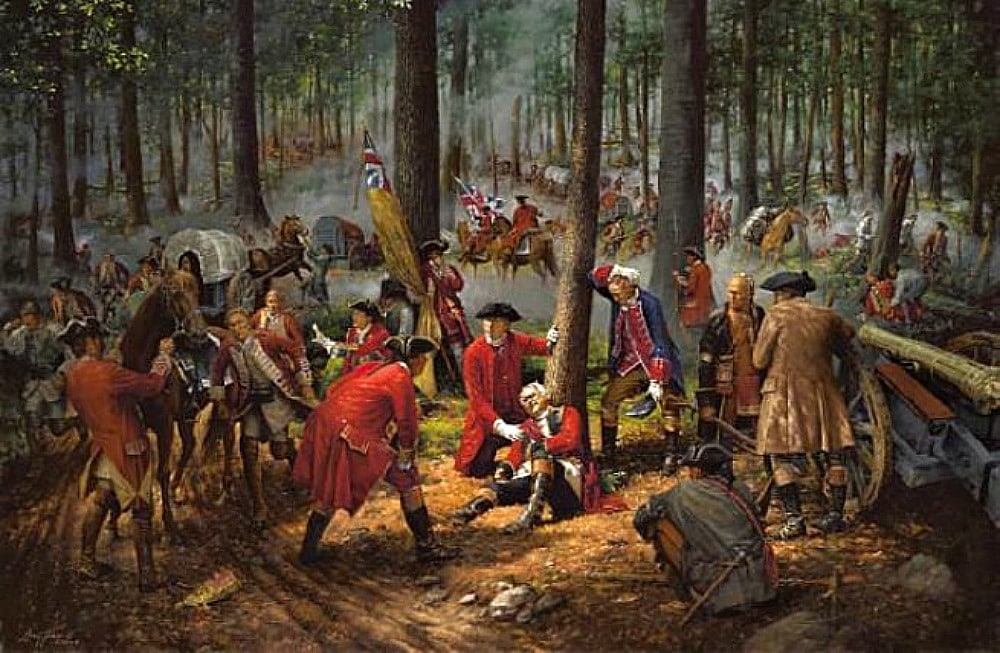
5. British Political Division
Before the war, there were members of the British Parliament who favored American Independence from Great Britain, and as the war raged on, the political support for the war continued to decline.
Eventually, the losses mounted up so high that the war lost popular support and then political support.
With France entering the war, many of those in the British parliament fell on the side of granting independence to the colonies so that they could focus on the greater enemy that could threaten many of their other territories.
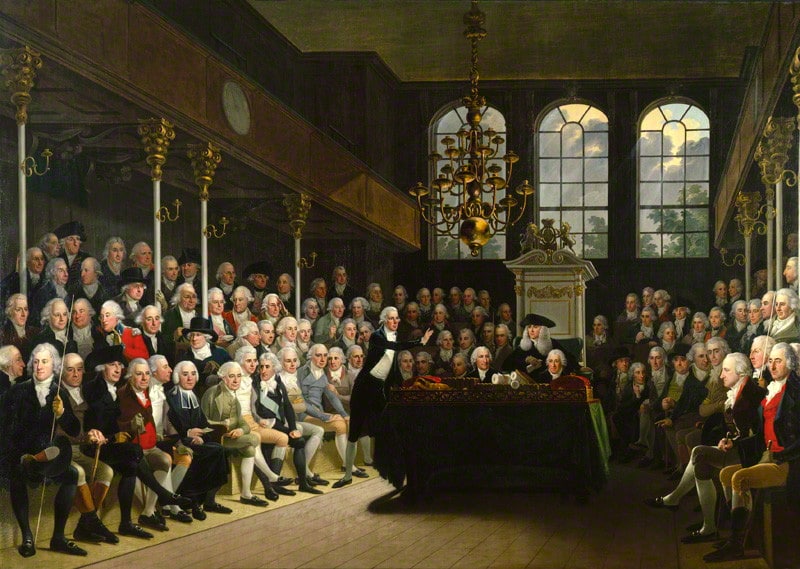
6. British Arrogance
The British believed their army could defeat any army in the world, and they had a right to believe that. However, their commanders often took that confidence too far by taking too many unnecessary chances.
Battles of Lexington and Concord - Thomas Gage continually asked for reinforcements to help squash the rebellion. He knew after the Powder Alarm that there was a large organized movement that he would be unable to defend against.
He was consistently told no, and it would eventually cost the British when they met disaster and were put under siege.
Battle of Bunker Hill - The Americans held a superior position, yet General Howe still sent his men up the hill. He believed he could overwhelm them, and all he did was lose 1,000 men at point-blank range.
Even after driving them from the field, they were forced to retreat days later, so the assault was pointless and only raised American morale.
Battles of Saratoga - Burgoyne asked for aid from Howe, and Howe refused since he had set his sights on Philadelphia. Howe took Philadelphia after Brandywine and Germantown, while Burgoyne lost the entire Northern Army at Saratoga.
Battle of Cowpens - Banastre Tarleton did not foresee Morgan's strategy and charged right into a trap. Most of Cornwallis's wing was smashed during that battle and, forcing him to fight at Guilford.
These are just a few examples of British arrogance during battles, but it can also be seen in their unwillingness to change tactics. This leads me to my next point.
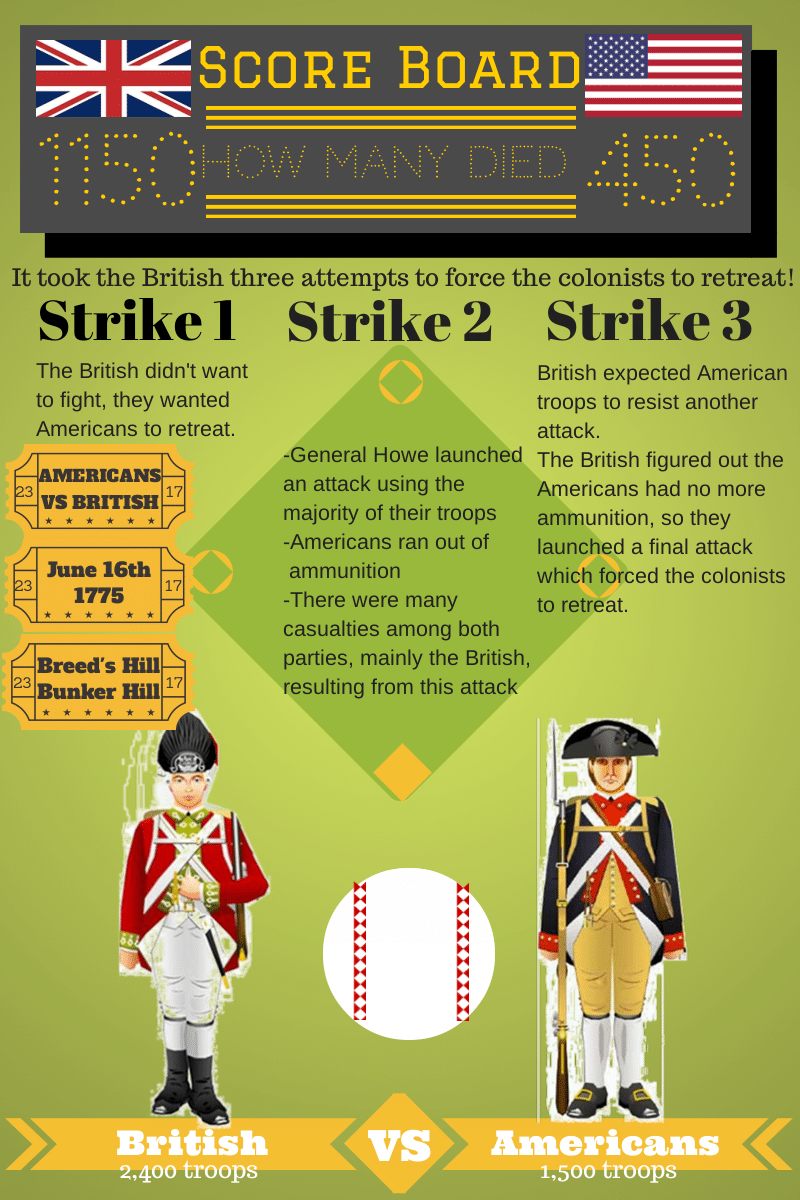
7. War Was Fought Differently
In Europe, you captured a city and conquered the territory, but in America, you captured a city and left the Continental Army intact the war continued.
General Howe executed an excellent strategy when conquering New York, Pennsylvania, and then New Jersey.
When winter came in 1776, his army set up winter quarters throughout New Jersey, and at Christmas, Washington quickly attacked him at Trenton and Princeton and crossed back over the river.
This tended to be a constant tactic employed by the Americans. They would attack quickly and disappear.
If they were met in battle, the British would often take the field but fail to capture the army, which meant that the British lost resources that they would have a hard time replenishing.
While the American's tactics shifted due to their situation and the resources they had to work with, the British never adjusted their tactics. This resulted in the Americans bleeding the British forces.
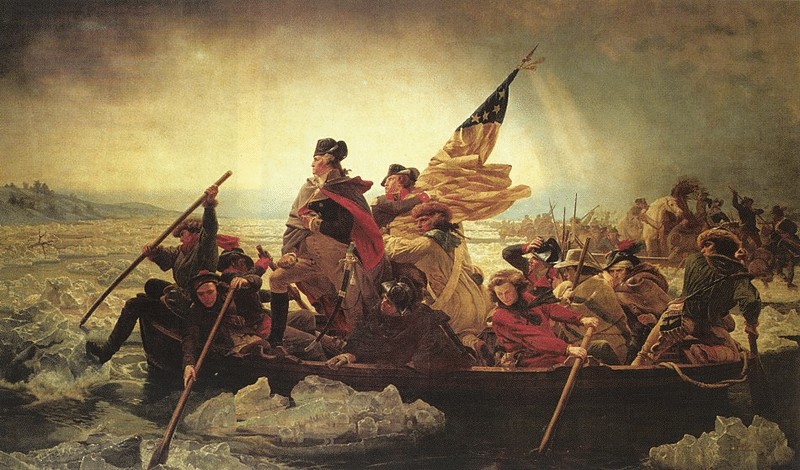
8. British Incompetence
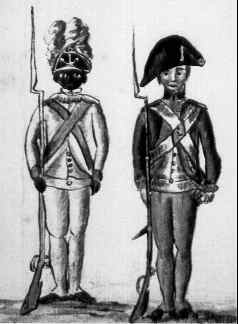
Throughout my study of the American Revolution, I am convinced that American Independence would look differently if the British took advantage of the slave population in the colonies.
During the war, every slaveholding founder (including George Washington) had runaway slaves that ran to the British to gain their freedom.
These men were willing to take up arms against their owners and fight for their OWN independence from tyranny.
These were highly motivated individuals with just as much reason to fight against the Americans as the Americans had to fight against the British, yet the British never took full advantage.
They offered freedom to those who ran, and yet they viewed them as an inconvenience rather than an asset.
George Washington wrote to Henry Lee in 1776 stating that he believed the victor of the war would be whoever could arm the blacks the fastest.
Through his insistence, Congress did allow those that already fought in the Revolution to re-enlist. Full-black enlistment potential was never reached by both sides. Racism stood in the way of progress.
If the British would have been able to mobilize more black regiments, they would have been able to wreak havoc on the Southern economy.
9. The British Could Not Destroy George Washington's Army
The Battle of Long Island and every event that occurred in New York was a disaster for the Americans, but just when the British would going to deal the final blow to the Continental Army, a deep fog came, and Washington's Army was able to slip away to fight another day.
This was an ongoing issue for the British and one they could never figure out. If George Washington and his army had been captured, America would exist differently today, and the war would not have been won.
In fact, if they had been captured in New York, then the American Revolution would not be called a Revolution but rather be viewed as something similar to the Whiskey Rebellion.
